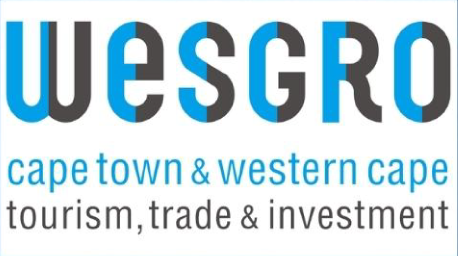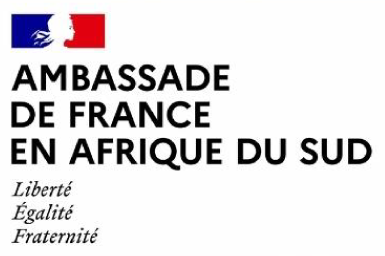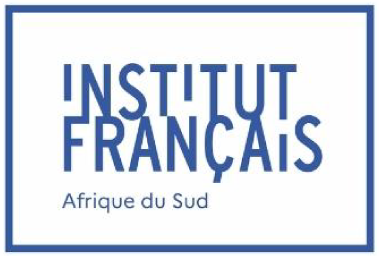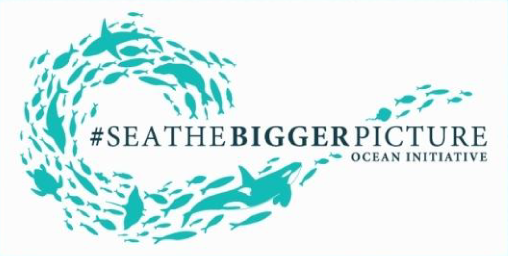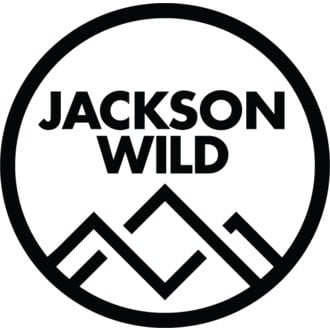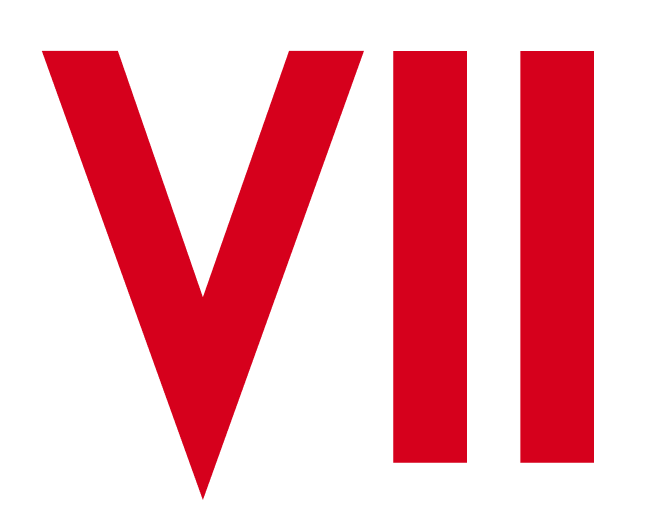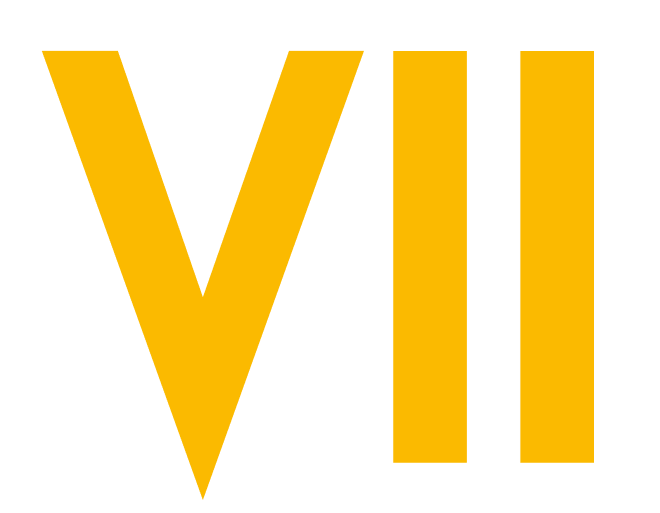Nature: Through Her Eyes, October 2019
Check out some of the photos from our October 2019 event!
Interviews with our panelists and videos of the full panels can be viewed at: www.cutt.ly/nature-festival
The Keynote Address by Faith Briggs
Adapted from the keynote presentation delivered by Faith E. Briggs during the Nature: Through Her Eyes Arts Festival in Perpignan, France on Sunday, October 20th, 2019.
A huge thank you to the VII Academy, Jacqueline Farmer, Sofie Hecht, Bryndis Eriksdottir and the entire team for hosting this festival, for inviting me and for convincing me it made sense for me to be here. – fb
I am so grateful that a group of people with the tools and power to make this gathering happen found it necessary and that this important conversation has brought us all together. This room is a powerhouse. Thank you all for the work you do.
I want to say a few things about myself to begin so you know who is speaking to you. I think that’s always very important. It’s something that as a woman filmmaker I find necessary because I feel that the question of who is behind the lens and what their perspective is, is something that was trivialized for a long time. We, not we in this room very likely, but greater society, pretended as if it didn’t matter that not only the history but also the present and contemporary stories of our cultures – and i believe that stories essentially tell us who we are – were written by “the victors.” Written most often by folks who were white, male and monied.
I am not a man, not white and not monied. My lens is very American and my experience is very black American. I will say that when I was first asked to give my perspective as a woman I was worried. I am a black American woman and I think of my blackness as inextricably tied to my womanness, so I worried that I wasn’t the right fit to give my perspective as a woman. It’s strange to think that in 2019 we can still fear that someone might not be ready for an intersectional approach to identity.
I identify as a black woman, though I am biracial and that’s a huge part of my outlook and my understanding of the world around me. It influences my desire to make change because at the core of my very essence lies historical conflict and trauma.
I find that wherever I go, the experience of being a part of a marginalized group can feel very similar in some ways. One of those ways is that the related consequences of marginalization and the denial of the existence of these consequences is always present. I call it historic residue, by which I mean the ongoing results of wide sweeping systemic racism globally. I feel like the word residue acknowledges its tangible existence, It’s kind of wiped on everything, hard to get rid of and root out. It’s like something icky that can get on you or be blowing in the air and making it harder to breathe. Though it might be hard to see at first.
My name is Faith E. Briggs. I am a documentary filmmaker and an environmental justice advocate. My current work is about power, privilege and land management. In college, and in the years since, I studied representation in media and I now refer to my work broadly as “The Art of Representation.” I am a proud nerd and a runner, which plays into much of the work that I do. Running is one of the primary ways that I relate to the land around me. Not only those glorious far off places that we take pictures of for instagram, or for brands and for films. But also the cities, the industrial districts, the seemingly less fantastical places where we find ourselves.
I want to speak about freedom of movement, relationships with the land and why I believe, as I think its safe to assume we all do, storysharing is so urgent.
I want to acknowledge that we have tried too hard to tell stories for others and haven’t told them for ourselves. I can’t tell you how many times people have asked: who is this story for? In response to my answer, then they told me who they wanted it to be for. So many of us have had to fight to share the stories that resonate with us instead of the ones others want us to tell.
“If there’s a book that you want to read, but it hasn’t been written yet, then you must write it.”- Toni Morrision
Toni Morrison said that because she had to say that. The overarching narrative was decided upon by those in power, they didn’t have to say that. Books were being written for them, about them. We can’t let those folks determine the worth of our stories. We can’t bend to fit an ill-fitting framework.
Our stories are essential.
I want to share this quote from Marc Bamuthi Joseph, to emphasize why.
CLICK HERE FOR AUDIO (highly suggest!)
“I actually don’t have time to not tell stories that mean something
I’m raising black children
We’re in a climactic age of climate change
And we’re being hunted
So I don’t have time to like tell- use words for fun
[You know what I’m sayin’?
So all these things find themselves at a particular intersection where rhythm kind of feels like an organic tool I wanna connect to]
I wanna use my body to engage that rhythm
And I wanna be on a political pulse, if not on the metronome of a musical pulse
And that’s the kind of artist that I am
Someone that maybe does- not just tell stories
But tells stories in service of freedom”
I love this quote because it’s what I believe our role is as storysharers. Times are urgent. Every day is urgent. Each of us has a responsibility and a contribution. We are finding, and hopefully seeking out every day, what our contribution is and what it can be.
The world that I occupy is one of documentary. It’s what I’ve studied and wanted to be a part of for the last decade. I’m still making my way in the field and now, I have a focus in addition to representation.
The work that I do is also related to this idea of “the outdoors” which is new for me. Seeing “the outdoors” as an industry or a collective of change makers and decision makers, that is the part that is new. I just always saw it as playing outside. Running around outside is how I’ve always loved myself the most. I remember splashing around in rainstorms in my backyard in big rain boots and picking blueberries when I must have barely been four years old at the same summer camp for inner city kids where my parents met as camp counselors. I always describe my favorite feeling as being the feeling of sun on my shoulders, but I didn’t use words like conservation or public lands or environmental justice until the past 5 years and really frequently, the past three.
What changed is a few things. In 2015 I started working at the Discovery Channel on a team that was specifically focused on environmental storytelling and I began realizing which stories weren’t being told and realizing why. The answer was access. Access to cameras, to news outlets, to decision makers. Access to the spaces and the kind of language that has historically been deemed worth listening to. How could an indigenous woman whose Native language was Quechua who could barely afford to get to the nearest city near her village compete with a pitch deck from Leonardo DiCaprio, for instance? Yet the stories were pouring in. Seeing them and hearing them, I realized that there is an undeniable connection between people of color and the land. AND that we were often the most at risk if environmental issues were not addressed. That’s what made me realize that I wanted to channel my responsibility into stories related to the land.
My approach in documentary is really impacted by my privilege. And if I can accept and own my privilege, we al should be able to.
In many ways, I do not have to prove anything. I know how to dress, which words to use, how to tailor myself to certain spaces. It doesn’t mean I don’t question myself every day or ever experience imposter syndrome. But this is what I mean.
In 2012 Trayvon Martin was killed by George Zimmerman, a man who had no criminal justice background or occupation. A man who took it upon himself to police a neighborhood, to follow home, shoot and kill a 17 year old boy on the way home from a convenient store.
This was not an unordinary event in Black America, but I think the new technologies made the killing of black lives, the prevalence of dead black bodies in the street more visible. And the reactions, the anger, the sadness harder to ignore. It also made the ability to activate and react collectively more possible. I watched the trial of George Zimmerman and I remember the news coverage of his friend Rachel Jeantel. She was the last person to hear Trayvon alive, she was on the phone with him when Zimmerman was following him. She testified.
She was ripped apart in the press.
She didn’t have posh english, she didn’t know how to codeswitch, she didn’t wear the clothes people wanted to see, didn’t have the figure they were used to seeing in court rooms, she wasn’t seen as reliable by onlookers. She wasn’t deemed acceptable.
That woman changed my life. I realized that I was. I have always known how to “codeswitch” which means being able to – and often having to – switch between modes of acceptable speech and behavior depending on where you find yourself. It could mean your survival.
I realized that as a person and as a storyteller, however pitiful the cultural realities might be that make this the case, I had access to spaces that others didn’t. That’s when I really started to understand my personal responsibility, when George Zimmerman was acquitted of all charges in 2013. The odds aren’t stacked fairly and we have to use every tool in our toolkit to change that. To keep chipping away.
Trayvon’s story isn’t a story about land, but it is a story about freedom of movement. Who gets to be where and when. Who gets to walk home alone. Who gets to travel while black. Who gets to be listened to. Who gets to be safe. Who gets to advocate for public lands? Who gets to go trail running alone in foreign countries? For many of those last questions, the answer is me. I get to do all of those things. I get to move freely in spaces that were historically created without me in mind. That is Radical Movement.
By being in certain places, I am actively involving my physical body in protest through visibility. As womxn, we are engaging in radical movement and radical creativity. We are reclaiming the lens.
I find some of the terms and words we use in movements sometimes get dulled by overuse. But the idea of taking up space is a useful one. It’s something we are literally doing with our physical bodies. This gathering is that, is affirmation of that. We have proven examples from the civil rights movement through marches and sit-ins that just being in certain places is radical. Being there, blocking, space, making traffic, saying look at us, we are here we cannot be ignored can make change.
As a storyteller, that is the sense of urgency and the lens that I believe must be brought to this work. By virtue of being here in this room, all of us have some privilege that we can and we should wield in the service of freedom.
Yes, we face challenges. Some have to do with who we are and how the world sees us. We have barriers. But we also have something we can give.
When we are sharing stories about the land, we are sharing stories about communities living off the land, communities that have worked the land, we are sharing stories about who grows the food, who the original stewards were, whose ancestors are intertwined with these places, who has been removed from the land, whose knowledges have been obscured and ignored, who has not been allowed to “homestead” for example (referring to the Homestead Act in the US of 1862). Who was not invited to be among the original members of the Sierra Club for example – esteemed community members of influence. These are those who were not seen as having anything to contribute. Or, if we are not, then we are actively ignoring these stories and opting for a more comfortable more mainstream narrative.
My written description for this talk is relevant here: The shared stories of our land, as they exist in western society, are contextualized within a colonized lens. Decision makers in land rights, politics, and public health were a select group of white, male and monied stakeholders. Laws and regulations were made without the perspectives of historically marginalized communities. The consequences of this fact have influenced the stories we tell, how we view ourselves and our shared belief systems.
Originally some of the founding fathers of conservation were really very racist, many were eugenicists and didn’t want us in the movement. They didn’t want women, women of color, black people, latinos, asians, indigenous folks, queer folks.
But the assumption over time has become if we aren’t there NOW, you know in 2019 when mainstream America at least seems to think everyone is playing on the same even playing field, that it must be because we don’t WANT to be. Whether that’s in a place outside, in a decision-making room, or a conversation.
That attitude has led to a culture and to related legislation that has created an insane and thorough disconnection between at-risk communities, communities of color, and decisions about land access and protection. That attitude, that action and that narrative needs both disruption and reconnection. We as storytellers, or story sharers which I prefer because hopefully our approach is collaborative, we have the ability to disrupt and to reconnect. That’s really special.
Many of the communities and voices who were historically not seen as having a contribution, are now moving in the very spaces they were excluded from. It brings me great joy that I’ve been connected with many of these very cool movements that are grassroots and community based. They are out on the land connecting with it and seeking to protect it in spite of attempts to disconnect them from it.
[In the oral version of this talk I extracted this paragraph because I was worried about being too tangential, but I will include it here.]
I want to talk about the phrase “in spite of:”
When I got into Yale University I was the school president of The Hotchkiss School. Hotchkiss is a very prestigious boarding school that I attended based on a google search and an application I did when I was 14. My experience there was shocking, challenging and incredible. By my senior year, I was the school president, a three season sport captain, I had leadership in multiple clubs, I did community service abroad, I was a resident assistant for younger students in the dorms, my grades were strong. My friend was the valedictorians. We planned to meet up back home on fall break the day after we were to find out if we had been accepted. She was not accepted. My friends mother made a comment saying I had “other things” going on for me. It stung. She said it in a tone that implied race and my friend looked at me pained and apologetic. I’ve heard that argument a lot these days. As if there is some kind of widespread unacknowledged new privilege going on to keep white people down and give black people and other historically marginalized folks a unfair edge. I would like to note this stuff isn’t happening BECAUSE of the color of our skin and the communities we comes from. It’s happening in SPITE of. We have had to navigate so much, to overcome so many related to our widespread historic and contemporary marginalization to even get to the place where we can be considered for a role, a admittance, an opportunity. I’m really tired of hearing the opposite insinuated. It is so narrow-minded, self-pitying and untrue.
In spite of the odds being stacked against them, incredible grassroots movements are popping up. The ones I’ll reference are in the United States: Latino Outdoors, Outdoor Afro, Nuestra Tierra, Melanin Basecamp, LatinX Hikers, Brown Girls Climb, Black Girls Surf. Many of you are a part of organizations like this, are building them, are in the business of engaging and interrupting. These groups of interrupters, these groups boldly go in spite of contemporary messaging and historic legislation that didn’t make and hasn’t made an invitation. Ever.
These are the stories that we need. Previously unacknowledged and untold stories. It is important also that those stories engage history and acknowledge what has been done.
People don’t like the ugly truth. Often we tend to want to celebrate stories of now without it. But I don’t think that is honest. I think that is telling someone “Hey, you’re invited. Please speak up, be a part of our group, but let’s not talk about why you weren’t here before, why you’re people weren’t here, why spoil this good moment?” That’s disingenuous.
It is not enough to tell stories featuring people and communities that have been historically ignored without doing work to address that history also. It is not enough, either, to attempt to tell these stories with the intention of giving back dignity.
We struggle here. It is a dilemma that we face as storytellers, we wonder what stories we have the right to tell. It’s a very real question and one that sadly, I’m not about to succinctly answer once and for all. But I do think we have to share stories that reach outside of our own experience and do so collaboratively because if we have some power as story sharers then we need to use it.
Sonya Childress of Firelight Media in a 2017 piece called Beyond Empathy, is an incredible resource on how to do this, which I highly suggest.
We need to share the stories we need to hear. Stories that need to be heard by everyone. We’ve needed them for a long time. Our privilege cannot allow us to stay quiet, we have to use it.
Every day is an opportunity to use the tools that we have to face what is in front of us.
Storytelling is a way of reclaiming the narrative. The environmental field, wildlife filmmaking and conservation stories all need a reframe.
Through storytelling, we are challenging the seats of power and retelling stories about relationships with the land. The goal is to reframe our stories to include the perspectives of women, black and indigenous communities, and other historically marginalized communities that have been overlooked and neglected.
This is not only to get to a more truthful version of history, but also to inspire greater involvement by acknowledging the existence of an ongoing legacy of diverse environmental leaders and movements. We need to acknowledge people’s work, even if it hasn’t been happening in the spaces that we’ve been taught to value. Even if it doesn’t look or sound the way we’ve been traditionally told that it should. Let’s not reinvent the wheel, find out who is already doing the work. Amplify their voice add your tools to theirs. Share your knowledge with communities that need their voices amplified, need their toolkit enlarged.
Everyone should have a thing they’re ready to be a broken record about. Mine is representation. But whether it’s lions, tomatoes, certain rocks. (Sorry ya’ll I’m not a scientist but I know some of you are!) Let’s keep using all of our tools and everything we are, who we are, to share those stories. And let’s infuse them with honest truths. The world needs that.
Thank you for being interrupters and sharing stories in the service of freedom.
Faith Briggs

